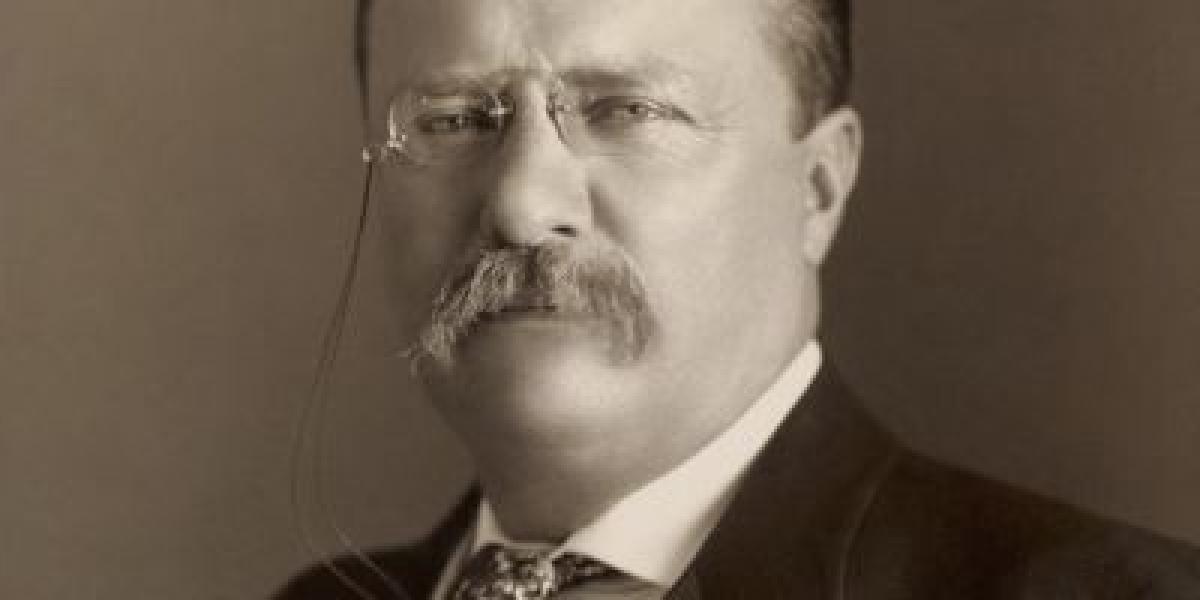The meeting marked a turning point in college football history. Roosevelt expressed his deep concern about the increasing number of injuries and deaths, emphasizing the need for reforms to ensure the game's safety. He proposed a set of rules changes aimed at reducing the physicality and brutality of the sport.
In response to Roosevelt's intervention, a series of significant reforms were implemented. These changes included the introduction of the forward pass, which opened up the game and reduced the emphasis on brute force. The number of downs was increased from three to four, giving teams more opportunities to move the ball and reducing the frequency of dangerous tackles. Additionally, the distance required to gain a first down was adjusted, making it more challenging for teams to consistently drive down the field.
Roosevelt's meeting and the subsequent reforms had a profound impact on the evolution of college football. The game became safer and more enjoyable for players, while also attracting a wider audience. The forward pass, in particular, revolutionized the sport by introducing a new dimension of strategy and excitement.
The legacy of Roosevelt's intervention extends beyond college football. His efforts to address the safety concerns of a popular sport set a precedent for future reforms in other athletic endeavors. Roosevelt's commitment to preserving the integrity of the game while ensuring the well-being of its participants serves as a valuable lesson for all involved in sports governance.




